Home>Garden Essentials>Garden Storage>Deck Railing Ideas: Materials And Styles For Every Garden
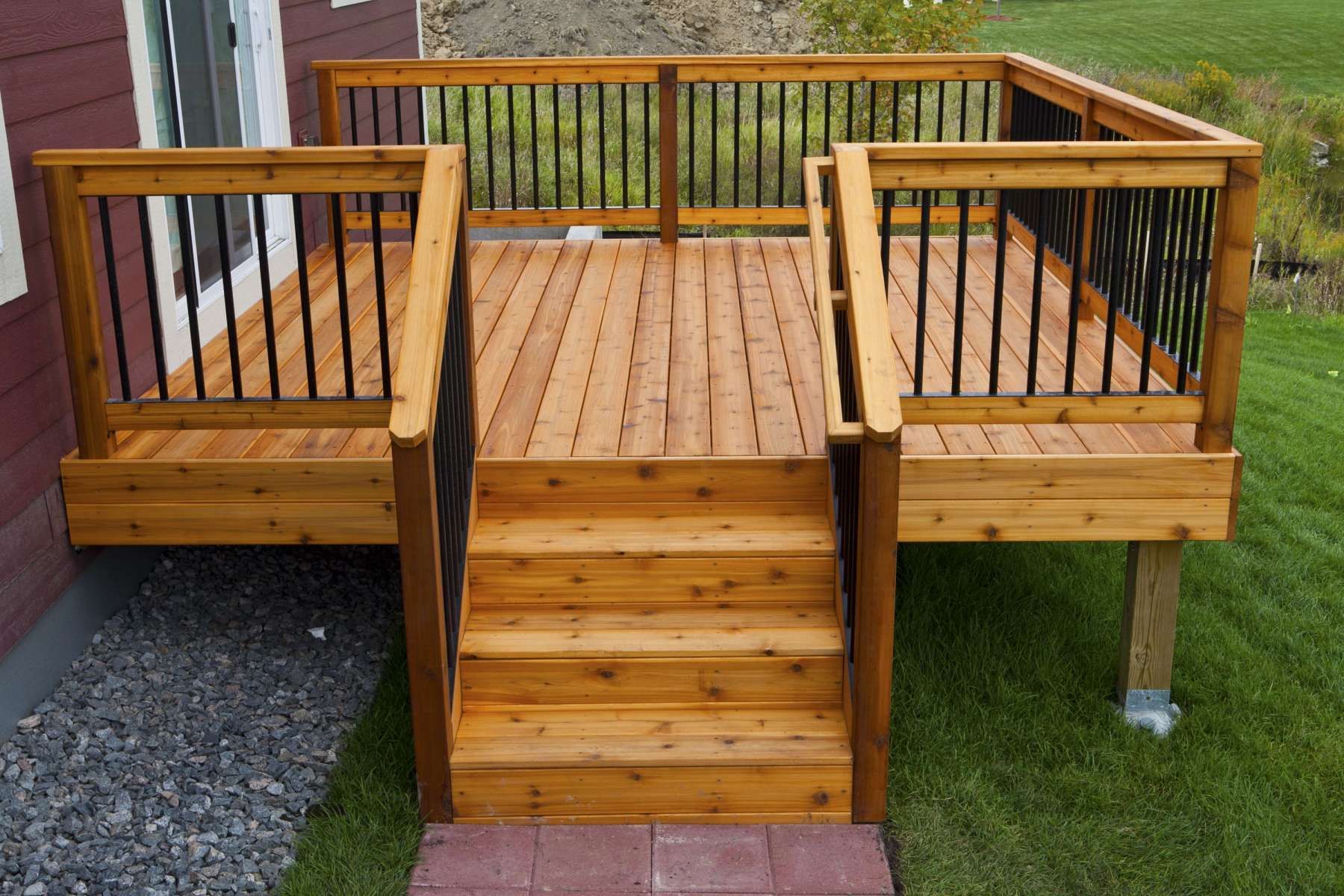

Garden Storage
Deck Railing Ideas: Materials And Styles For Every Garden
Modified: August 28, 2024
Looking for deck railing ideas for your garden? Explore the best materials and styles that suit every garden, including storage options.
(Many of the links in this article redirect to a specific reviewed product. Your purchase of these products through affiliate links helps to generate commission for Storables.com, at no extra cost. Learn more)
Introduction
When it comes to designing a garden, it’s often the small details that make a big impact. One such detail is the deck railing. Not only does it add safety and security, but it also adds style and visual interest to your outdoor space. The right deck railing can enhance the overall aesthetic of your garden and tie the various elements together.
With so many options available, choosing the perfect deck railing for your garden can be a daunting task. From different materials to various styles and designs, there is a wide range of choices to consider. In this article, we will explore the different materials and styles of deck railings, helping you make an informed decision that suits your garden’s unique character.
Let’s dive into the world of deck railings and discover the possibilities that await!
Key Takeaways:
- Elevate your garden with the perfect deck railing that suits your style, budget, and maintenance preferences. Choose from materials like metal, wood, glass, composite, or vinyl to create a stunning and functional outdoor space.
- Consider lighting options and local regulations when selecting a railing design. Whether you prefer traditional, modern, contemporary, or ornate styles, there’s a deck railing option to complement your garden’s unique character and enhance its overall beauty.
Read more: Best Headboards for Every Style of Home
Metal Railings
Metal railings are a popular choice for deck railings due to their durability, strength, and sleek appearance. They offer a timeless and elegant look to any garden space. Here are three common types of metal railings to consider:
– Wrought Iron Railings: Wrought iron railings are known for their classic and ornate designs. They are made by heating and shaping iron into various decorative patterns. These railings add a touch of elegance and sophistication to any garden. Wrought iron can be customized according to your preferences, allowing you to create a unique railing design that complements your garden’s style.
– Aluminum Railings: Aluminum railings are a popular choice for their lightweight nature and resistance to rust and corrosion. They offer a sleek and modern look to your deck while providing excellent durability. Aluminum railings are available in various finishes and colors, allowing you to customize them to match your garden’s overall aesthetic. They are also relatively low-maintenance, making them a practical choice for busy homeowners.
– Stainless Steel Railings: Stainless steel railings provide a contemporary and sophisticated look to your garden. They are highly resistant to corrosion, making them ideal for outdoor use. Stainless steel railings can be sleek and minimalistic or feature bold and artistic designs. They are known for their strength and durability, offering long-lasting performance. These railings are also relatively low maintenance, making them a practical option for those who want a hassle-free railing solution.
When choosing a metal railing for your garden, consider the overall style and aesthetics you want to achieve. While wrought iron railings provide a traditional look, aluminum and stainless steel railings offer a more modern and sleek appearance. Consider factors such as maintenance requirements, climate conditions, and budget when making your decision.
Wood Railings
Wood railings are a classic choice for deck railings, offering natural beauty and warmth to any garden. Wood is a versatile material that can be easily customized to match your garden’s style. Here are three common types of wood railings to consider:
– Cedar Railings: Cedar is a popular choice for wood railings due to its natural resistance to decay and insects. It has a distinct aroma and a rich, reddish-brown color, which adds a touch of warmth to your garden. Cedar railings can be left unfinished, allowing them to weather to a silvery-gray patina over time, or they can be stained or painted to match your garden’s color scheme. They are known for their durability and longevity, making them an excellent choice for outdoor use.
– Redwood Railings: Redwood is another popular wood choice for railings due to its natural beauty and durability. It has a rich, reddish hue that adds a striking visual appeal to your garden. Redwood railings are naturally resistant to decay, insects, and rot, making them a long-lasting option for outdoor use. Like cedar, redwood railings can be left unfinished to age gracefully or stained and sealed for added protection and a desired color tone.
– Pressure-Treated Wood Railings: Pressure-treated wood is a cost-effective option for deck railings. It is treated with chemicals to protect it from rot, decay, and insect damage. Pressure-treated wood railings are widely available and can be painted or stained to match your garden’s aesthetics. However, it is important to note that the chemicals used in the treatment process can release toxins, so it is crucial to handle pressure-treated wood with proper care, especially if you have children or pets in your garden.
When choosing wood railings for your garden, consider the level of maintenance required. Cedar and redwood railings, while more expensive, offer natural resistance to decay and insects, making them low-maintenance options. Pressure-treated wood railings may require periodic sealing or staining to maintain their appearance and protect against moisture damage. Choose the wood type that best fits your budget, style preference, and willingness to maintain the railing over time.
Glass Railings
Glass railings are a modern and stylish choice for deck railings. They offer a contemporary look, allow unobstructed views of the surrounding landscape, and create a sense of openness in your garden. Glass railings can be customized to fit your specific style preferences and can be paired with various frame options. Here are two common types of glass railings to consider:
– Frameless Glass Railings: Frameless glass railings provide a seamless and sleek appearance. They are made of thick, tempered glass panels that are securely fixed to the supporting structure. With no visible frames or posts, frameless glass railings create a clean and minimalist aesthetic. They are perfect for modern and minimalist gardens, as they allow the beauty of the landscape to shine through without any distractions. Frameless glass railings are also popular in beachfront properties or areas with stunning views, as they maximize visibility and create a sense of openness.
– Framed Glass Railings: Framed glass railings are another option that combines the elegance of glass with the added stability of a frame. The glass panels are held within a sturdy frame, which can be made of various materials such as aluminum, stainless steel, or wood. The frame provides additional support and can be customized to match your garden’s style. Framed glass railings offer a slightly more traditional look compared to frameless glass railings and are often chosen for their combination of functionality and aesthetics.
When considering glass railings for your garden, it is important to note that they require regular cleaning and maintenance to keep them looking their best. Glass railings can accumulate dirt, fingerprints, and water spots, which can affect their transparency and visual appeal. However, if properly maintained, glass railings can add a touch of sophistication and modernity to your garden, transforming it into an elegant outdoor space.
Cable Railings
Cable railings are a popular choice for those looking to create a modern and minimalist aesthetic in their garden. They offer a sleek and unobtrusive look, allowing for unobstructed views of the surrounding landscape. Cable railings consist of vertical or horizontal cables that are stretched between posts, creating a clean and contemporary appearance. Here are some key points to consider about cable railings:
- Minimalistic design: Cable railings are known for their simple and minimalist design. The thin cables provide a sleek and streamlined look that blends well with modern and contemporary garden styles. The open spacing between the cables allows for better airflow and natural light, creating a sense of openness on your deck.
- Durable materials: Cable railings are typically made from stainless steel or aluminum, which are corrosion-resistant materials that can withstand outdoor elements. The cables are strong and secure, providing stability and safety without sacrificing the view.
- Low maintenance: Cable railings require minimal maintenance compared to other railing options. The materials used are highly resistant to rust and corrosion, reducing the need for regular upkeep. Occasional cleaning with soap and water and inspecting the cables for any signs of wear or tension adjustment is typically all that is needed to keep cable railings in top condition.
- Versatile installation: Cable railings can be installed on both horizontal and sloped surfaces, making them a versatile option for various deck layouts. They can be configured to fit different heights and lengths, ensuring a custom fit for your garden space.
It’s important to note that local building codes and regulations may have specific requirements for cable railings, such as the spacing between cables and the tension strength. It is crucial to consult with a professional or check local regulations before installing cable railings to ensure compliance with safety standards.
If you’re seeking a modern and minimalistic railing option that provides both style and functionality, cable railings offer a sleek and contemporary choice for your garden.
Composite Railings
Composite railings are a versatile option that combines the durability of synthetic materials with the look of natural wood. Made from a combination of recycled plastics and wood fibers, composite railings offer the beauty of wood without the maintenance requirements. Here are some key points to consider about composite railings:
- Low maintenance: One of the main advantages of composite railings is their low maintenance requirement. Unlike traditional wood railings that may require painting, staining, and sealing, composite railings are designed to resist rot, decay, and insect damage. They do not warp or splinter, ensuring long-term durability without the need for frequent maintenance.
- Diverse style options: Composite railings are available in a wide range of styles, colors, and finishes, allowing you to achieve the desired look for your garden. Whether you prefer a traditional, modern, or contemporary design, there are composite railings available to suit your aesthetic preferences.
- Weather resistance: Composite railings are designed to withstand various weather conditions, including heavy rain, snow, and UV exposure. They are resistant to fading, cracking, and mold growth, ensuring that your railings will maintain their appearance and structural integrity for years to come.
- Eco-friendly choice: Composite railings are made from a combination of recycled materials, making them an environmentally friendly option. By using composite railings, you are reducing the demand for new wood and reducing waste in landfills.
Composite railings can be installed with various post styles and baluster designs to create a customized look for your garden. Some composite railing systems even come with built-in lighting options, adding a touch of ambiance and safety to your outdoor space.
It is important to note that composite railings may be more expensive upfront compared to other railing materials. However, considering the long-term savings on maintenance and durability, composite railings can be a cost-effective choice for homeowners looking for a stylish and hassle-free option for their garden railings.
Consider the style and aesthetic of your garden when choosing deck railing materials and styles. For a more natural look, consider wood or composite materials, while metal or glass can provide a modern and sleek appearance.
Vinyl Railings
Vinyl railings are a popular choice for deck railings due to their durability, affordability, and low maintenance requirements. Made from PVC (polyvinyl chloride) material, vinyl railings offer a range of benefits that make them a practical and attractive option for your garden. Here are some key points to consider about vinyl railings:
- Durability: Vinyl railings are known for their long-lasting performance. They are resistant to rot, moisture, and insect damage, making them an excellent choice for outdoor use. Vinyl does not crack, peel, or fade under harsh weather conditions, ensuring that your railings will maintain their appearance for many years.
- Low maintenance: Vinyl railings require minimal maintenance, making them a convenient option for busy homeowners. They do not require painting, staining, or sealing like wood railings do. Periodic cleaning with soap and water is typically all that is needed to keep vinyl railings looking their best.
- Affordability: Vinyl railings are generally more affordable than other railing materials such as wood or metal. They offer an attractive option for homeowners on a budget who still want a reliable and visually appealing railing solution.
- Easy installation: Vinyl railings are designed for easy installation. They often come in pre-fabricated sections that can be easily assembled, reducing installation time and effort. This can be especially beneficial if you are undertaking a DIY project.
- Choice of styles and colors: Vinyl railings are available in a variety of styles and colors to suit your garden’s aesthetic. Whether you prefer a classic, traditional look or a more modern and sleek design, there are vinyl railings available to match your preferences.
Vinyl railings can be combined with different post styles, baluster designs, and accessories to create a customized look for your garden. They can also be paired with various lighting options, further enhancing the overall appeal and safety of your outdoor space.
It’s important to note that while vinyl railings offer many advantages, they may not provide the same level of structural strength as metal or wood railings. Therefore, it’s essential to select vinyl railings that are manufactured with high-quality materials and meet local building code requirements to ensure safety and stability.
If you are looking for a durable, low-maintenance, and cost-effective railing option for your garden, vinyl railings are definitely worth considering.
Baluster Styles
Balusters are an essential component of deck railings as they provide safety and support while also contributing to the overall design aesthetic. There are many different styles of balusters to choose from, each offering a unique look and feel to your garden. Here are four common baluster styles to consider:
- Traditional Balusters: Traditional balusters, also known as spindles, are a timeless choice for deck railings. They typically feature a simple and straightforward design, often with square or round shapes. Traditional balusters are available in various materials, such as wood, metal, or synthetic materials like vinyl or composite, allowing you to match them with the overall style of your garden.
- Decorative Balusters: If you’re looking to add a touch of elegance or artistic flair to your deck railings, decorative balusters are a great option. These balusters often feature intricate patterns, scrollwork, or ornamental details that enhance the visual interest of your garden. Decorative balusters can be made of metal, wood, or other materials, depending on the desired style and durability.
- Spherical Balusters: Spherical balusters offer a unique and contemporary look to your deck railings. They feature spherical or ball-shaped designs, adding a modern and sleek touch to your garden. Spherical balusters can be made of metal, such as aluminum or stainless steel, to provide durability and strength while creating a visually appealing focal point.
- Geometric Balusters: Geometric balusters are an excellent choice for those seeking a modern and minimalist look. These balusters feature geometric shapes, such as squares, rectangles, or triangles, that create a clean and sleek aesthetic. Geometric balusters can be made of metal or composite materials to align with the desired style and durability of your garden.
When choosing baluster styles for your deck railings, consider the overall design theme of your garden. Traditional balusters blend well with classic or rustic styles, while decorative balusters add a touch of elegance and sophistication to any garden. Spherical and geometric balusters are perfect for contemporary or modern garden designs, creating a sleek and visually intriguing look.
Remember to check local building codes and regulations as they may have specific requirements on the spacing and height of balusters for safety purposes. By selecting the right baluster style, you can add a unique and stylish element to your deck railings, enhancing the overall aesthetic of your garden.
Railing Designs
Deck railing designs play a significant role in defining the overall style and character of your garden. Whether you prefer a traditional, modern, or ornate look, there are various railing designs to choose from. Here are four popular railing design styles to consider:
- Traditional Designs: Traditional railing designs typically feature classic elements and timeless appeal. They often incorporate straight or curved balusters with traditional posts and handrails, creating an elegant and sophisticated look. Traditional designs are versatile and can be made from wood, metal, or composite materials, allowing you to match them with the architectural style of your home and garden. These designs are ideal for homeowners seeking a more formal and refined aesthetic.
- Modern Designs: Modern railing designs are characterized by clean lines, minimalist aesthetics, and the use of contemporary materials. They often feature sleek and streamlined designs with horizontals or unique geometric patterns. Common materials for modern railings include metal, glass, or cable. Modern designs create a fresh and sophisticated look, making them suitable for contemporary homes or gardens with a focus on simplicity and functionality.
- Contemporary Designs: Contemporary railing designs strike a balance between traditional and modern styles. They often incorporate elements from both, resulting in a fusion of classic and contemporary aesthetics. Contemporary designs may feature a mix of materials, such as metal with glass or wood accents, creating a visually captivating look. These designs are versatile and can be adapted to fit a wide range of garden styles, bridging the gap between traditional and modern design sensibilities.
- Ornate Designs: For those who desire a more decorative and ornamental look, ornate railing designs offer intricate details and lavish embellishments. These designs can include decorative balusters, scrollwork, or motif-inspired elements. Ornate railings often exude a sense of elegance and grandeur, making them well-suited for gardens with a touch of opulence or a desire to make a bold statement. They are commonly crafted from materials such as iron, brass, or aluminum, allowing for intricate customization and artistic expression.
When choosing a railing design for your garden, consider the existing architectural style of your home and the overall vibe you want to create. Whether you prefer a traditional, modern, contemporary, or ornate look, selecting the right railing design can enhance the beauty and charm of your garden space.
Read more: How To Install Deck Railing Posts
Lighting Options
Adding lighting to your deck railings not only enhances the visual appeal of your garden but also provides safety and functionality, allowing you to enjoy your outdoor space even after the sun goes down. Here are four popular lighting options for deck railings:
- Post Cap Lights: Post cap lights are a popular choice for deck railings as they add a soft and ambient glow to your garden. These lights are installed on top of the post caps, providing subtle illumination. Post cap lights come in various shapes and sizes and are usually solar-powered or low-voltage LED lights. They not only enhance the aesthetics of your deck but also offer practical lighting for guiding pathways and creating a warm, inviting atmosphere.
- Under-Rail Lights: Under-rail lights are installed beneath the top rail of the deck railing, offering a soft downward glow. These lights create a visually appealing effect, emphasizing the architectural lines of your deck and highlighting the balusters. Under-rail lights are typically LED lights that are energy-efficient and low-maintenance. They can be controlled with a dimmer switch or a timer for added convenience.
- Step Lights: Step lights are essential for safety on your deck, particularly if there are stairs or elevated areas. These lights are installed on or recessed into the steps, illuminating the way and preventing accidents. Step lights can be installed directly into the deck or attached to the risers or railings. They come in various styles, including small recessed lights, strip lights, or miniature lantern-style lights, offering both functionality and aesthetic appeal.
- Rope Lights: Rope lights are flexible and versatile lighting options for deck railings. They are made of small LED bulbs encased in a clear plastic tubing, creating a continuous line of light. Rope lights can be installed along the bottom or top rail of the deck, providing a soft and diffused illumination. They are available in various colors and can be easily customized to suit your garden’s unique style. Rope lights are an affordable and easy-to-install option for adding a touch of ambiance to your deck railings.
When choosing lighting options for your deck railings, consider the desired ambiance, functionality, and energy efficiency. It’s important to ensure that the lighting fixtures are suitable for outdoor use and are weather-resistant. Additionally, consider the power source and installation process to ensure a seamless integration with your deck railing design.
By incorporating appropriate lighting options, you can create a warm and inviting atmosphere on your deck while ensuring safety and enhancing the overall aesthetics of your garden.
Choosing the Right Deck Railing for Your Garden
Choosing the right deck railing for your garden is an important decision that requires careful consideration. Here are some factors to keep in mind to help you make the best choice:
- Garden Style: Consider the overall style and aesthetic of your garden. Do you prefer a traditional, modern, or contemporary look? Choose a railing that complements the existing design elements and architectural style of your home and garden.
- Material: Select a railing material that suits your preferences and requirements. Metal railings offer durability and a sleek appearance, wood railings provide a natural and warm feel, glass railings create a modern and open look, and composite or vinyl railings offer low maintenance and diverse design options.
- Budget: Determine your budget and explore railing options that fit within your financial constraints. Remember to consider not only the initial cost but also the long-term maintenance and replacement expenses.
- Functionality: Consider the intended use of your deck. Will it primarily be used for entertaining, relaxation, or as a safe area for children or pets? Ensure that the chosen railing provides the functionality and safety features that meet your specific needs.
- Local Codes and Regulations: Familiarize yourself with the local building codes and regulations regarding deck railings in your area. Make sure the railing you choose complies with these guidelines to ensure safety and avoid any potential legal issues.
- Maintenance: Evaluate your willingness and ability to maintain the railing over time. Some materials require regular maintenance, such as staining or painting, while others, like vinyl or composite, offer low-maintenance options.
- Personal Preference: Ultimately, choose a deck railing that reflects your personal style and preferences. It should be a reflection of your unique taste and enhance your enjoyment of your outdoor space.
By considering these factors, you can narrow down your choices and find the perfect deck railing that suits your garden’s style, budget, and practical needs. Remember to take your time, do thorough research, and consult with professionals if needed to ensure that you make an informed decision.
A well-chosen deck railing will not only add safety and security but also enhance the overall beauty and appeal of your garden, creating a space where you can relax, entertain, and appreciate the outdoors for years to come.
Conclusion
Choosing the right deck railing for your garden is an important decision that can greatly impact the overall look, safety, and functionality of your outdoor space. With a wide range of materials, styles, and designs to choose from, there is a deck railing option available to suit every garden’s unique character and your personal preferences.
Consider the various material options, such as metal railings for durability and sleekness, wood railings for natural charm and warmth, glass railings for a modern and open feel, composite railings for low maintenance, and vinyl railings for affordability and ease of upkeep. Each material offers its own set of advantages and considerations, so choose one that aligns with your aesthetic preferences, maintenance abilities, and budget.
Additionally, explore the different styles and designs available for deck railings. Whether you prefer traditional, modern, contemporary, or ornate designs, there are numerous options to choose from. Take into account your garden’s overall style and architectural elements when selecting a railing design to ensure a cohesive and visually pleasing result.
Don’t forget about lighting options as well. Adding post cap lights, under-rail lights, step lights, or rope lights can not only enhance the visual appeal of your deck railings but also provide safety and functionality during evening hours.
Lastly, consider factors such as your garden’s style, budget, functionality needs, local regulations, and personal preferences when making a decision. By carefully evaluating these aspects, you can choose a deck railing that perfectly suits your garden and creates a beautiful and inviting outdoor space.
Take your time and do thorough research. Consult with professionals if needed, and always ensure that your chosen deck railing complies with local building codes and regulations for safety purposes.
In the end, a well-chosen deck railing will not only provide safety and security but also elevate the visual appeal and enjoyment of your garden. So, take the plunge and invest in a deck railing that will transform your outdoor space into a stunning and functional haven for you, your family, and your guests.
Once you've set up the perfect deck railings from our comprehensive guide, why not spruce up the space even further? Dive into our article on how simple additions and vibrant decor can transform your deck into an idyllic setting for outdoor living. Whether you're hosting a sunny brunch or a cozy evening gathering, these tips will ensure your outdoor space is both functional and stylish. Don't miss out on creating the ultimate haven for relaxation and entertainment right in your backyard.
Frequently Asked Questions about Deck Railing Ideas: Materials And Styles For Every Garden
Was this page helpful?
At Storables.com, we guarantee accurate and reliable information. Our content, validated by Expert Board Contributors, is crafted following stringent Editorial Policies. We're committed to providing you with well-researched, expert-backed insights for all your informational needs.
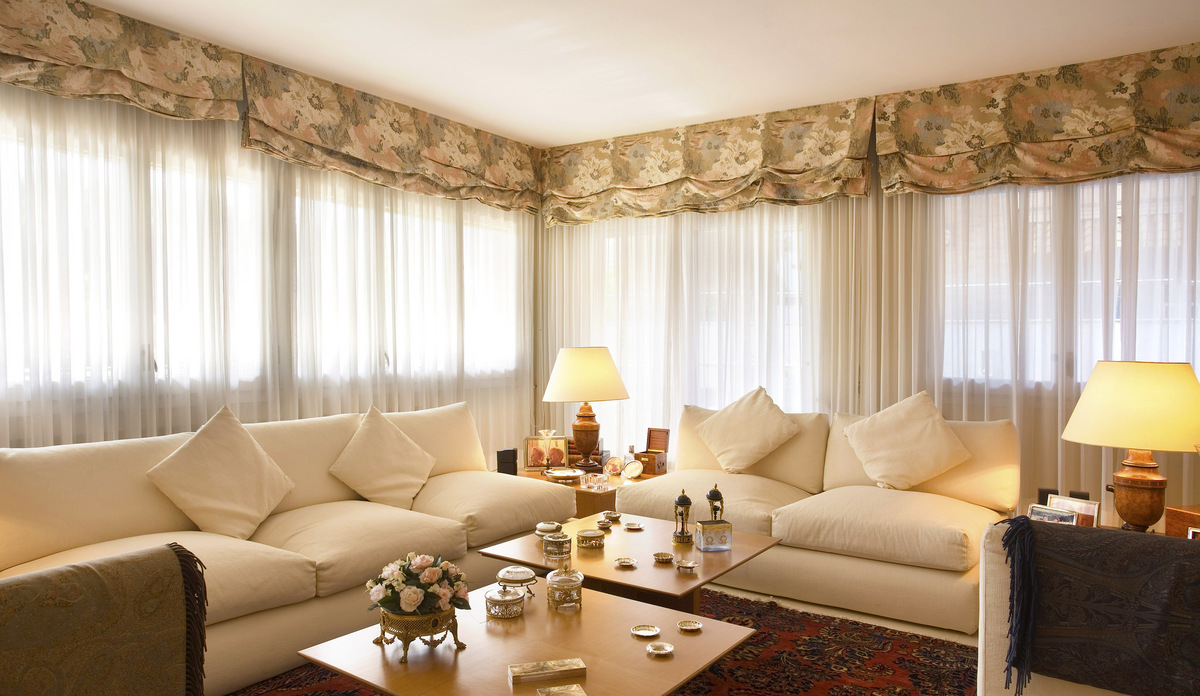
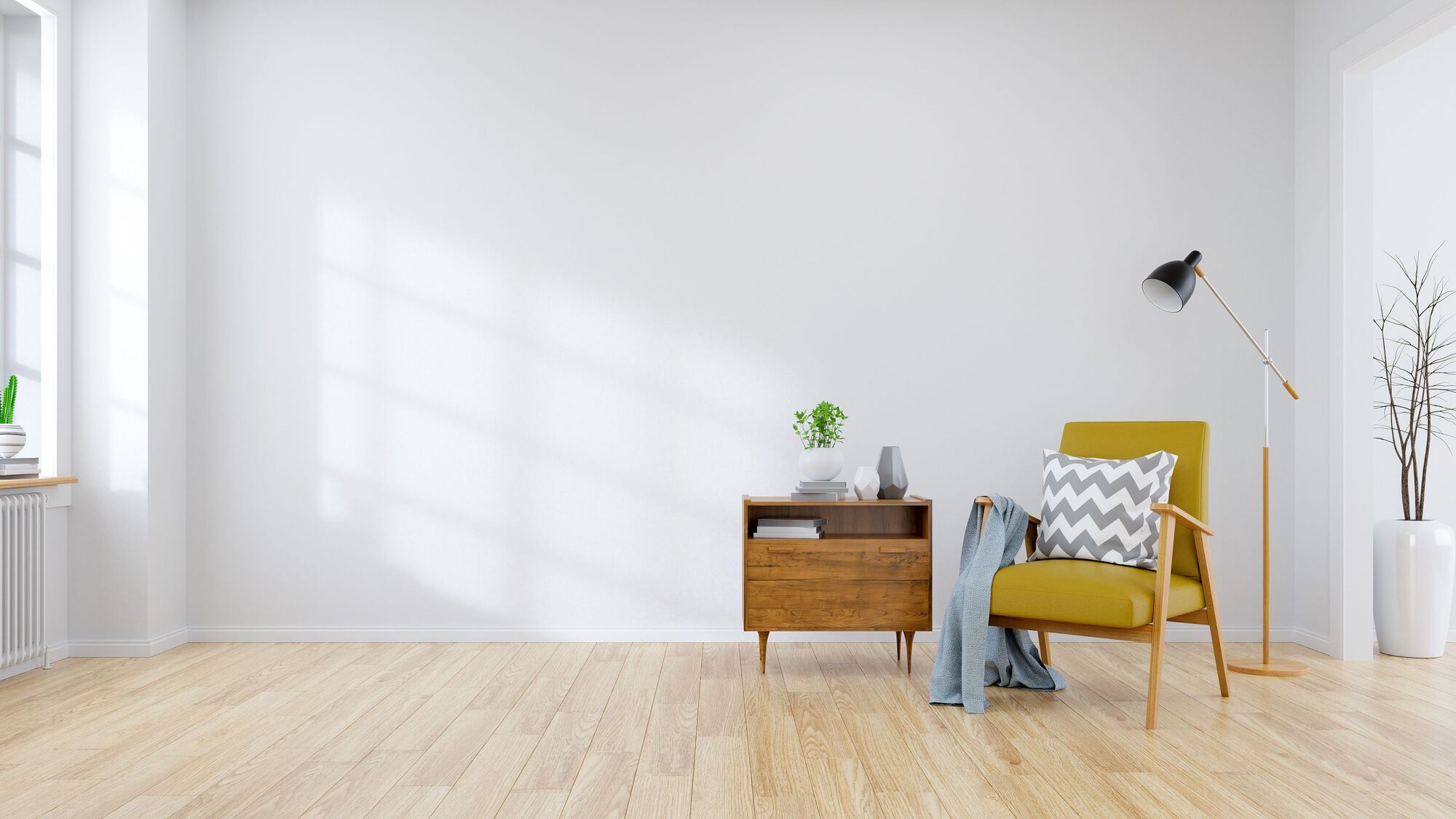
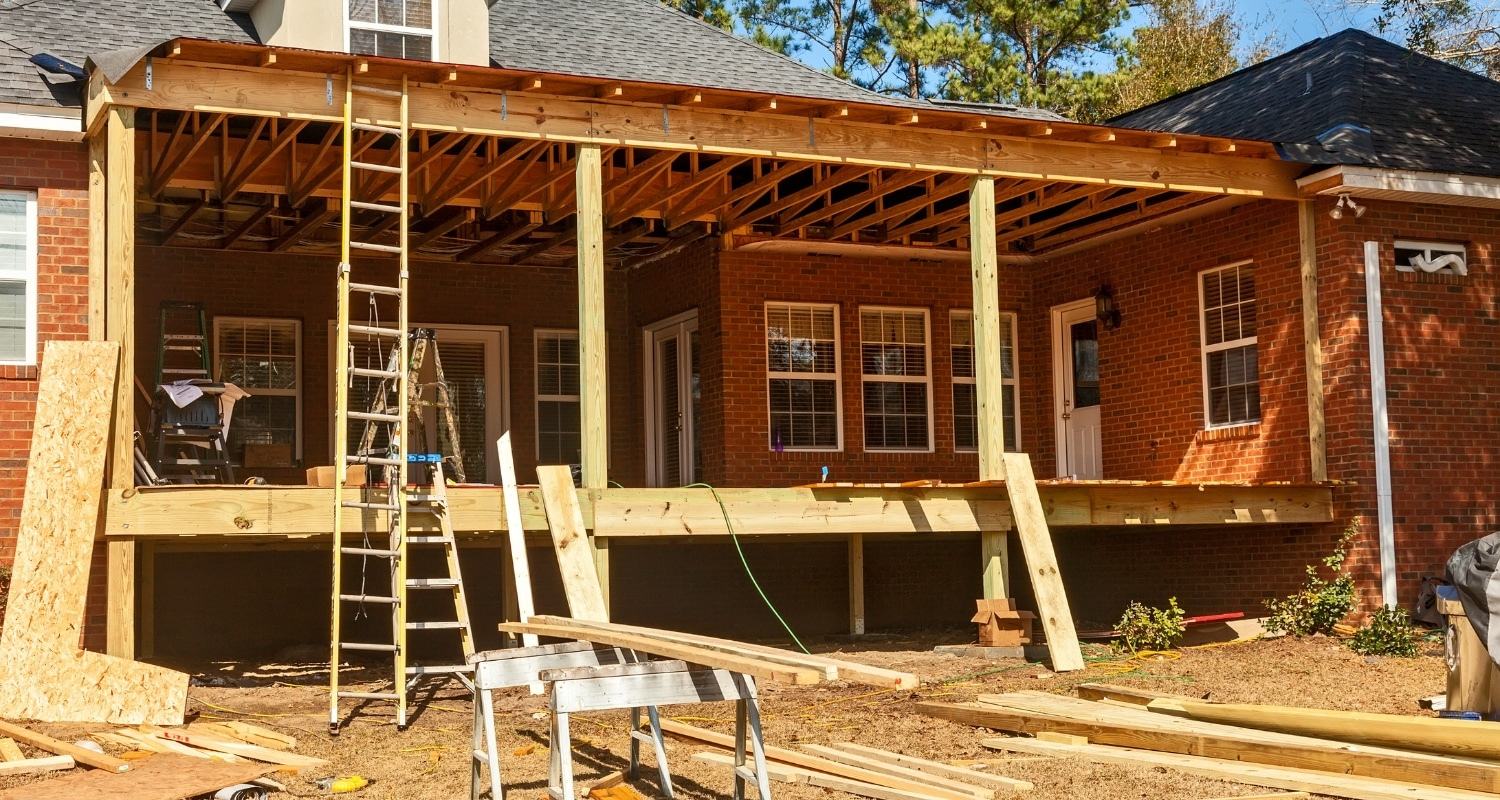
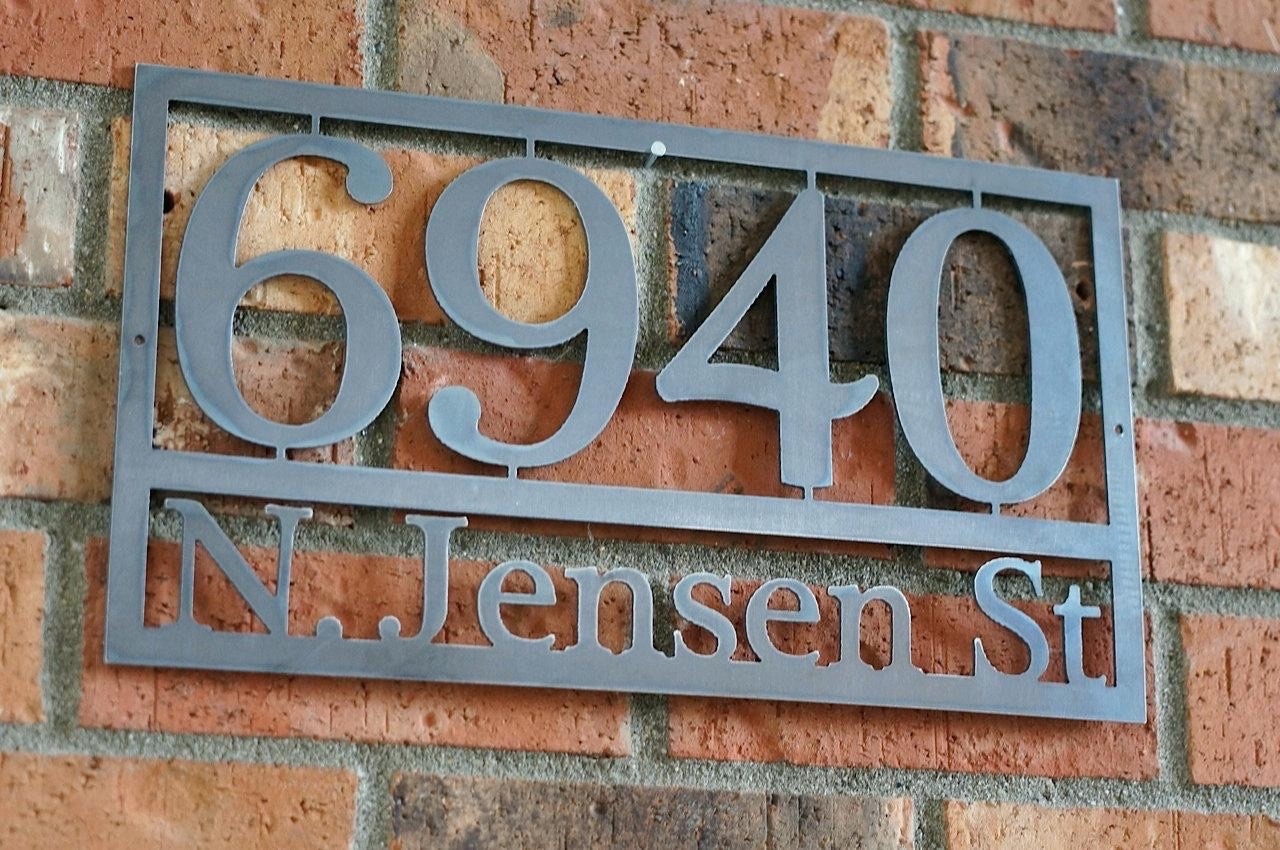
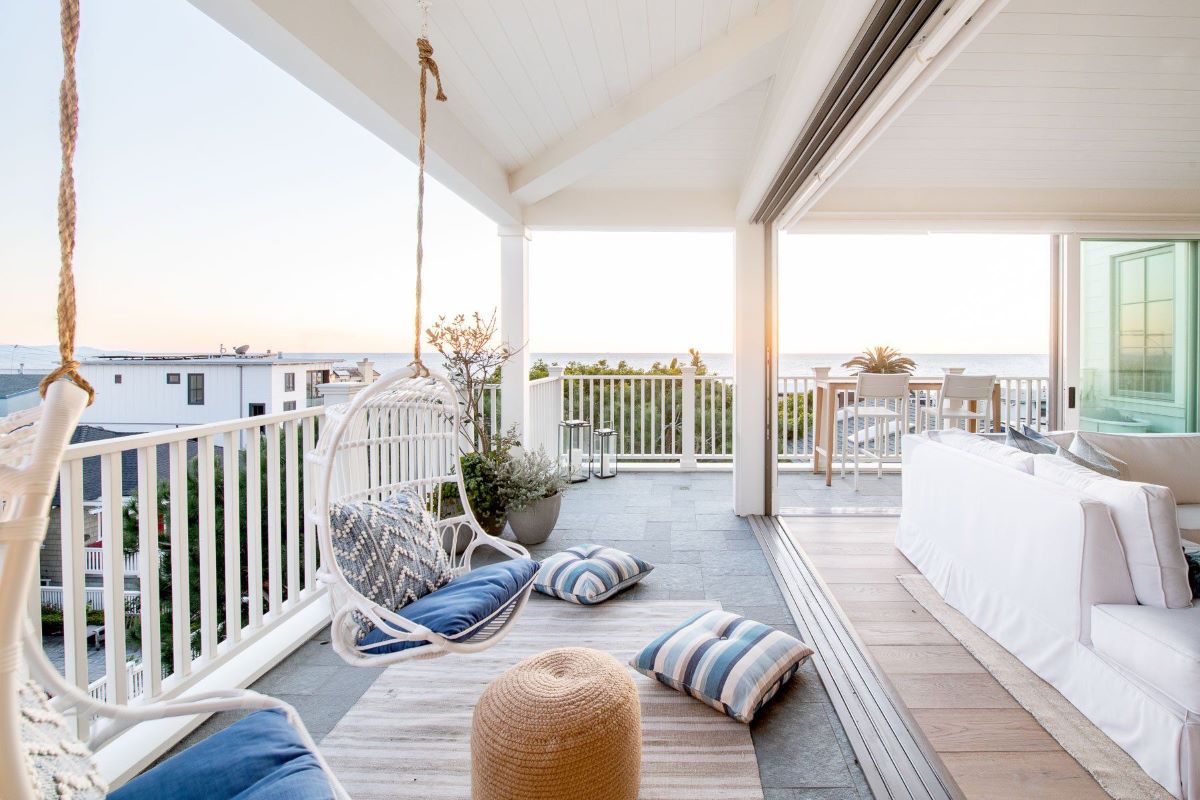
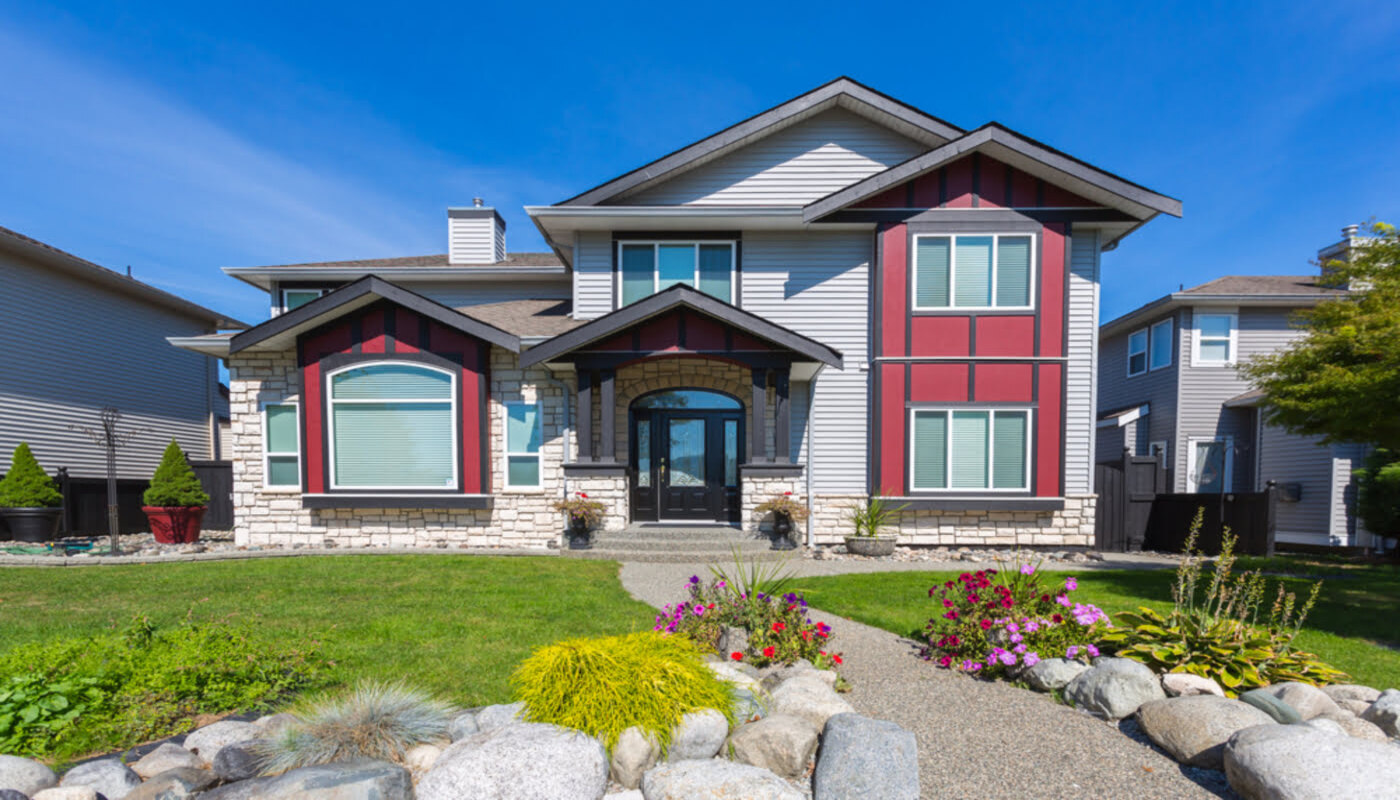
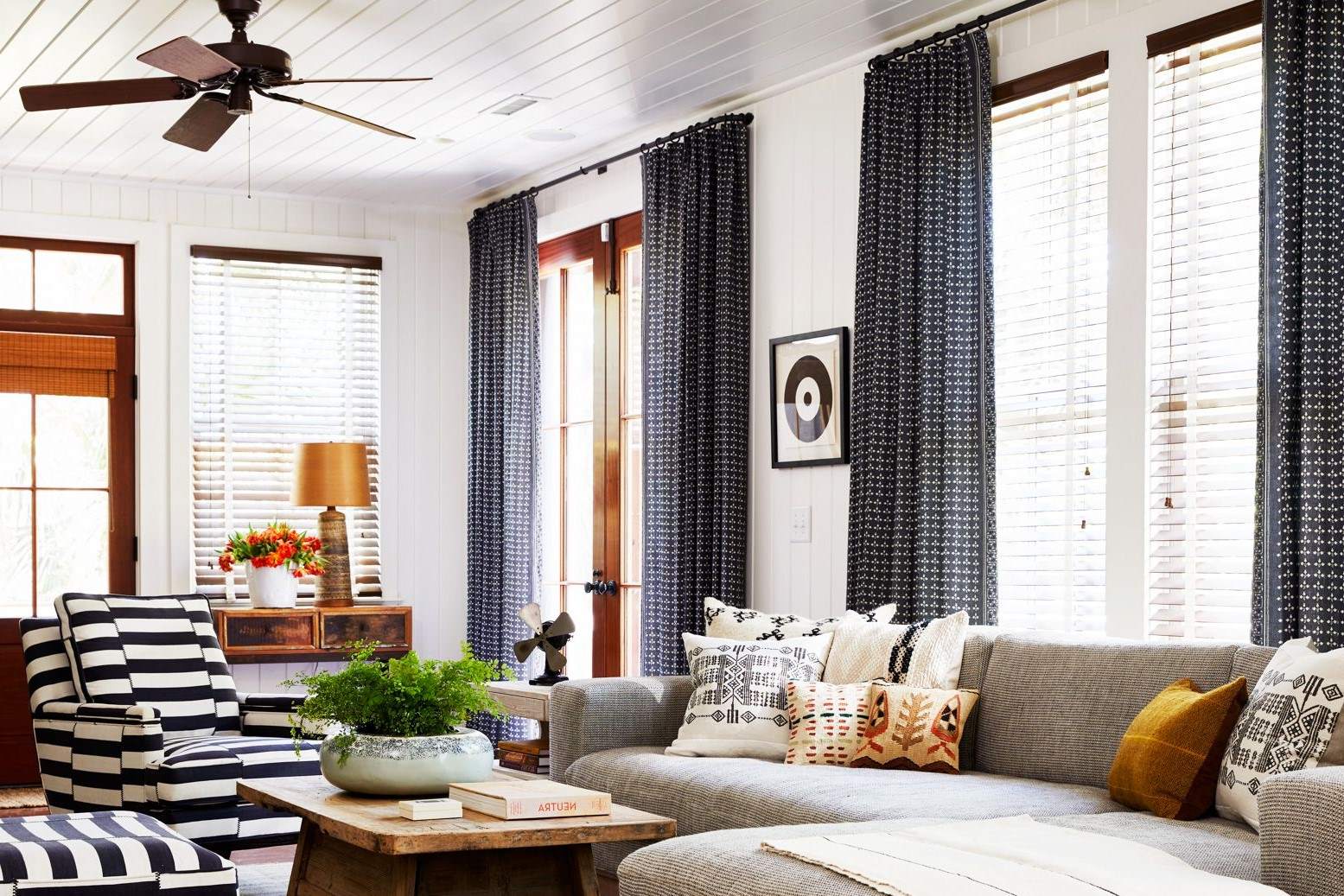
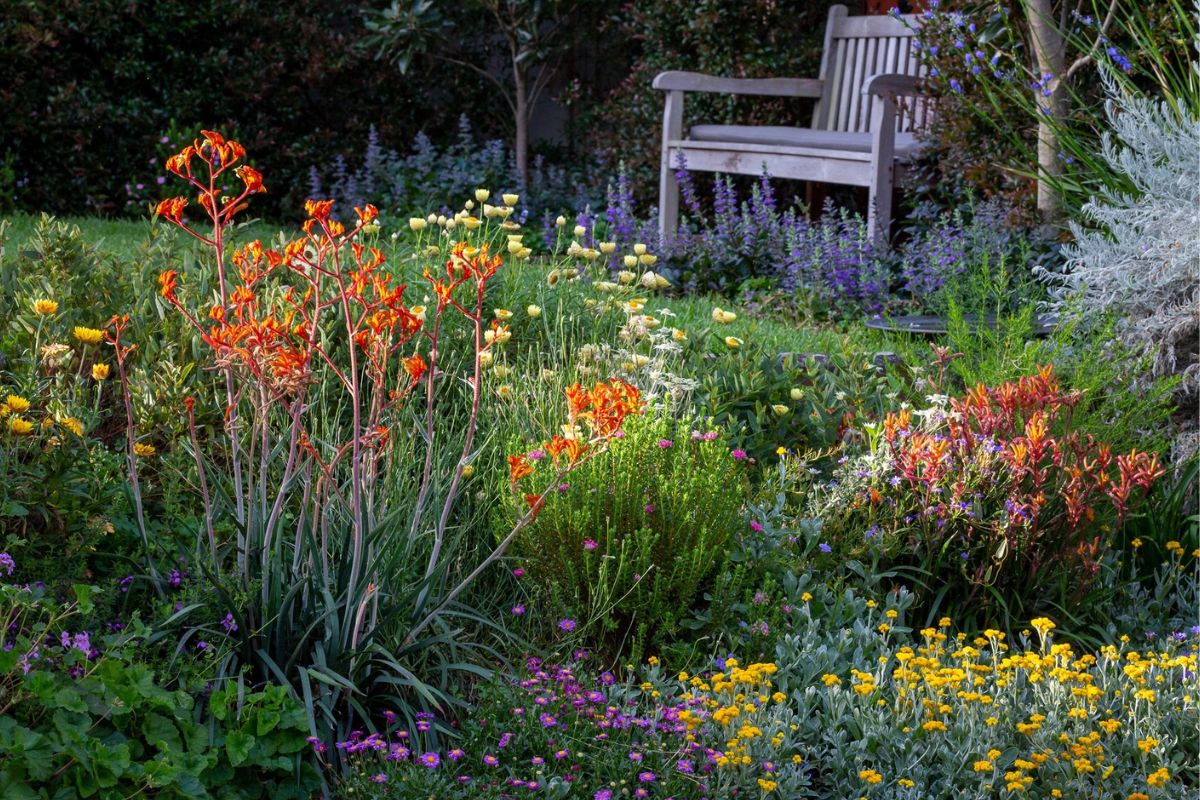
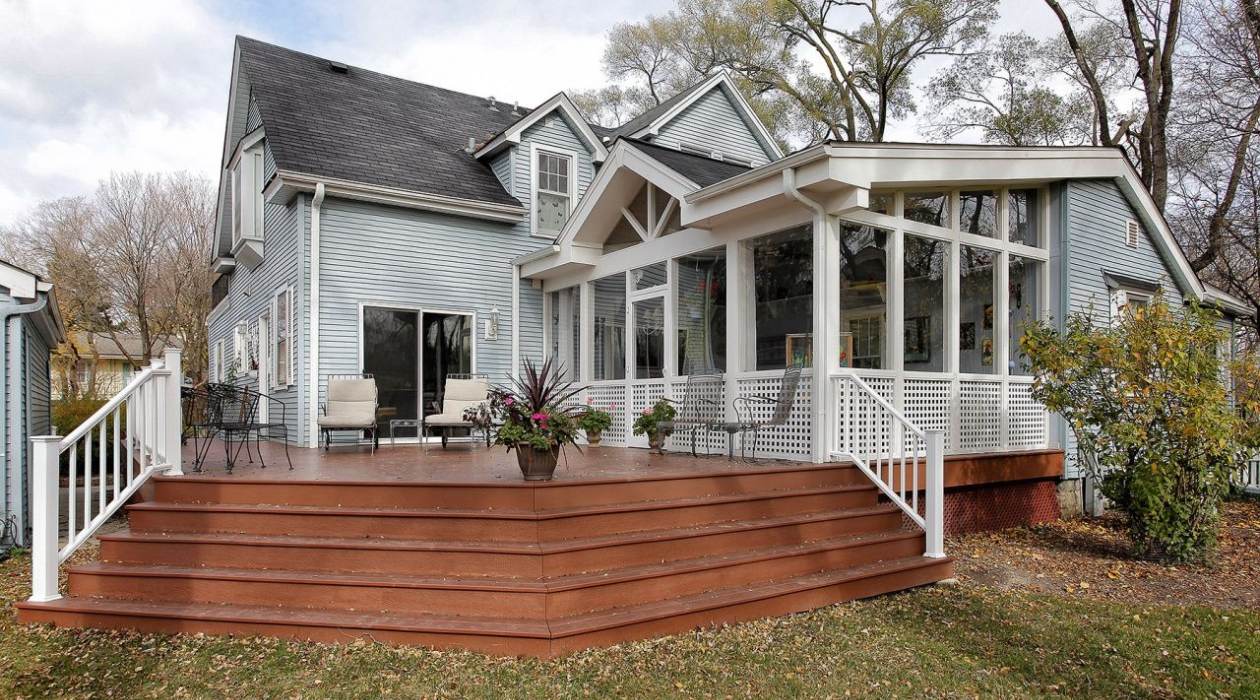
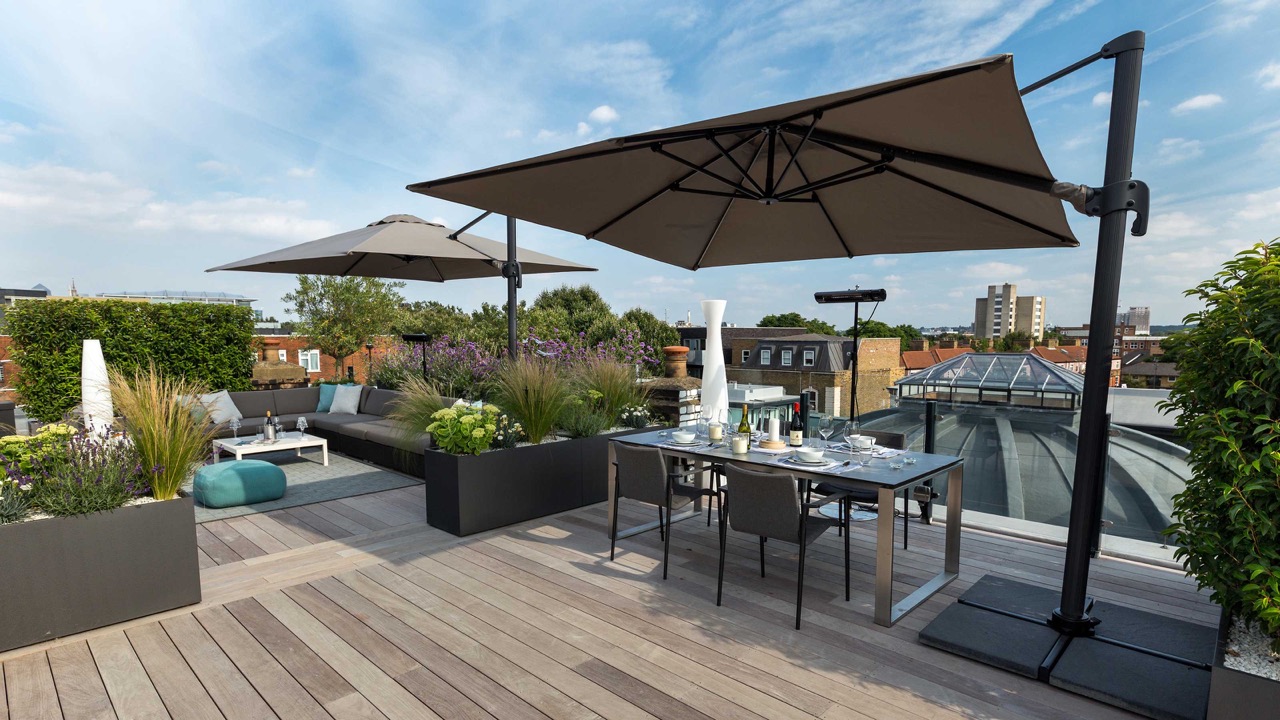
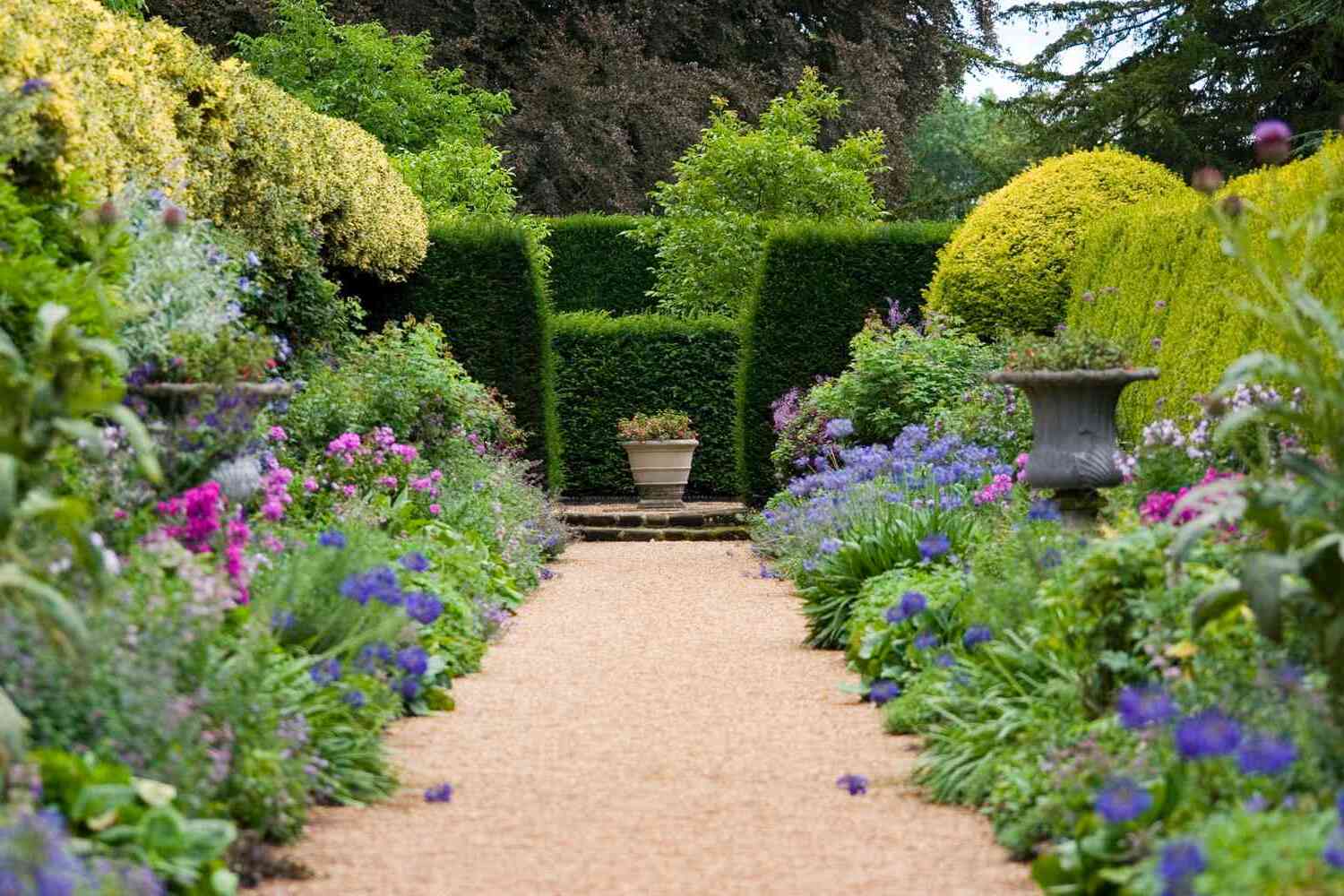
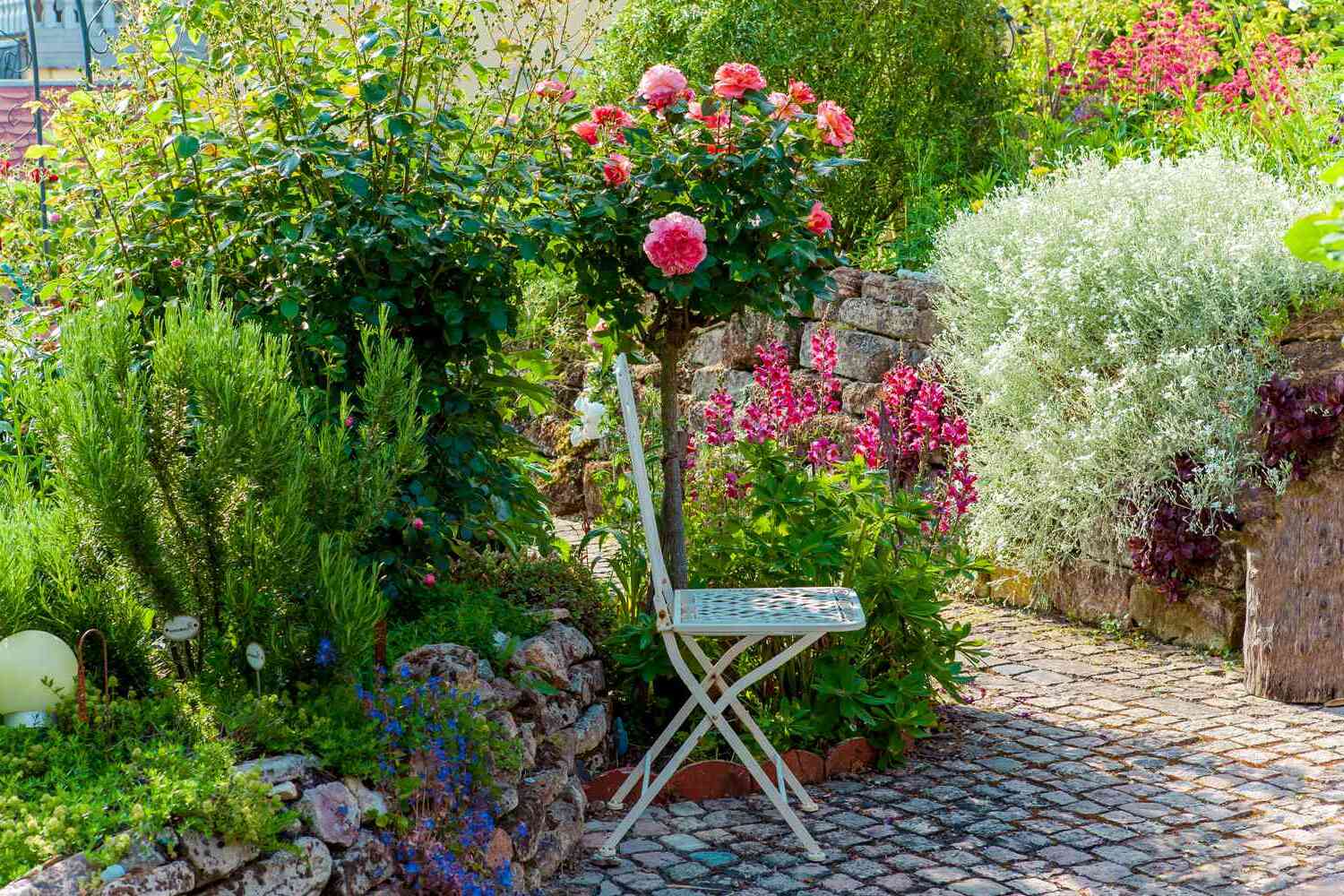
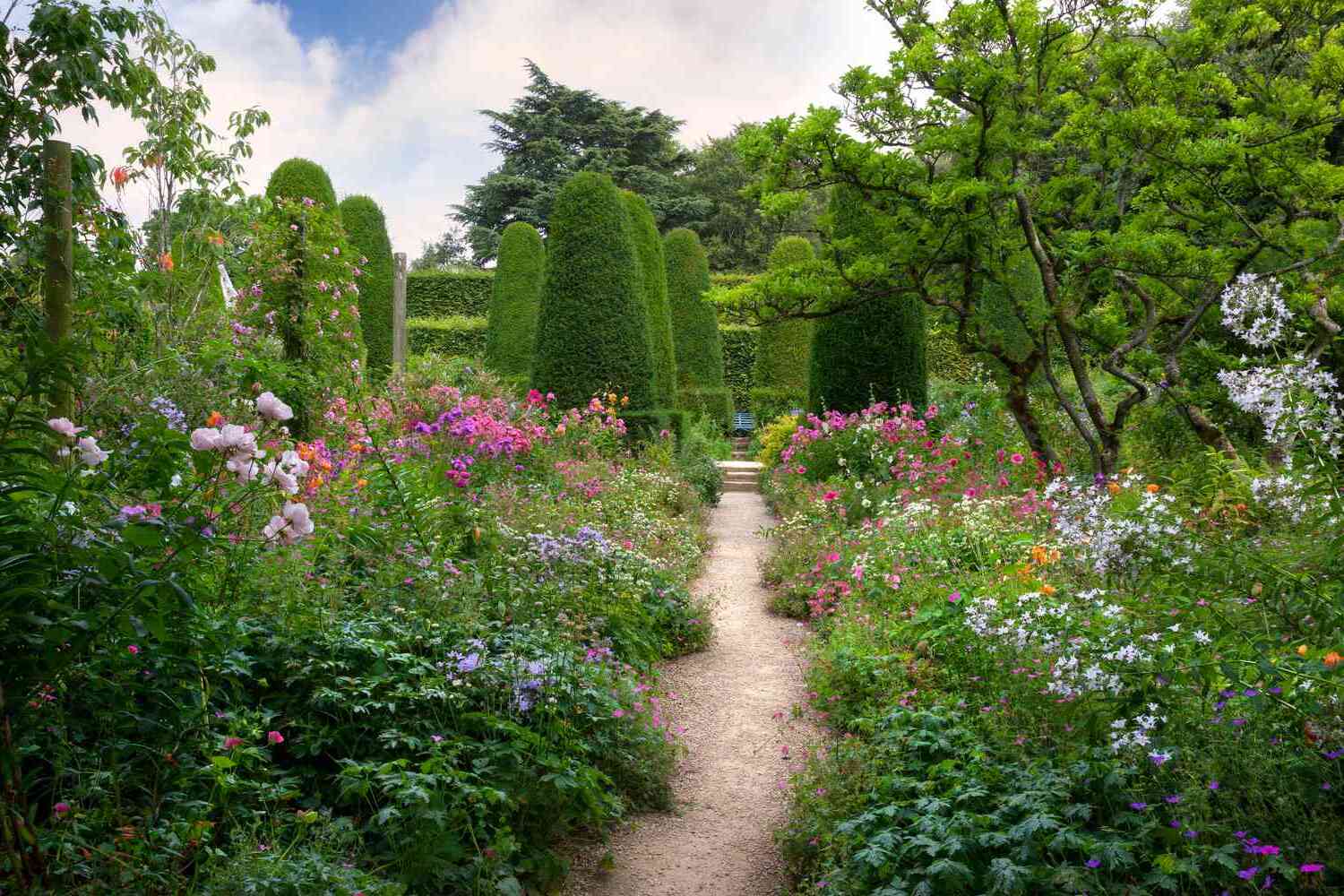

0 thoughts on “Deck Railing Ideas: Materials And Styles For Every Garden”